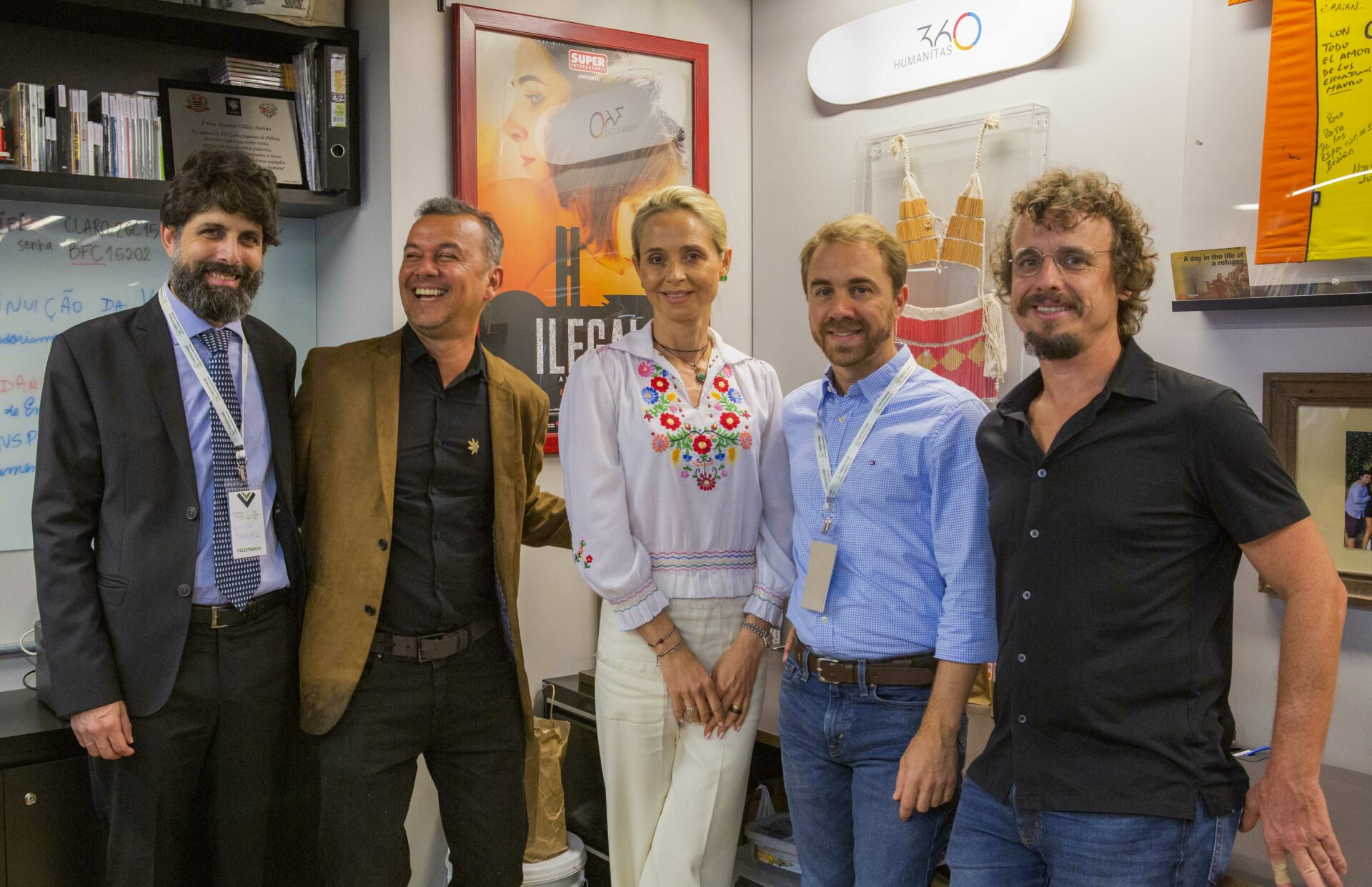In early March, The Green Hub held the Cannabis Thinking conference and brought together experts from various fields of the medical cannabis market: from investors, such as Alex Lucena, an entrepreneur in innovation markets, to Federal University of Rio de Janeiro’s neuroscientist Stevens Rehen, a researcher at the Instituto D’Or, which investigates the therapeutic potential of cannabis derivatives in brain tissues replicated in the laboratory, as well as lawyers, association owners and political representatives. The event took place at CIVI-CO, where the Humanitas360 Institute and other social impact firms are based, and welcomed H360 chairman Fernando Henrique Cardoso and president Patrícia Villela Marino.
The regulation approved by the Brazilian Health Regulatory Agency (Anvisa) that allows the retail sale (in pharmacies, for example) of cannabis-derived products came into force in March in Brazil. The regulation, however, does not allow planting for medicinal purposes in the country, which should make access to medicines more expensive. This was the context of the discussion held in Cannabis Thinking: even though the progress that has been made is recognized, most experts see the measure as a first step and ask for new actions for a socially responsible expansion of the sector.
Former president of Brazil Fernando Henrique Cardoso, who made the opening speech of the event, recalled that the position of his government (1995-2002) changed radically after talks and researches. “Listening to experts from around the world, there was a change in attitude and an acknowledgment that public discussion would be more productive than the ‘war on drugs’. It is necessary to ‘break the taboo’ and let people debate. Each one has to be convinced of what is good or bad and it is up to the government to run explanatory campaigns,” he said.
In her speech, the president of H360 recalled moments when Brazil was a pioneer in public health policies, such as with the HIV / AIDS epidemic in the 90s and the 1999 Generic Drugs Bill. In the case of the HIV / AIDS epidemic, the coordination of the Brazilian State with regulatory agencies, the Unified Health System (SUS), organized citizens who fought for medicines supply policies and patients was crucial to stop a sudden increase of infected people, for example. The Generic Drugs Bill, in turn, allowed the population to have access to products with savings of more than 30%, ensuring greater possibility of obtaining treatments for chronic diseases such as diabetes and hypertension. Now, Patricia underscored, Brazil has the opportunity to lead a medical cannabis market that is socially responsible from the start and includes these pioneering parents and associates who have been fighting for the right to medication for their children for many years.
Lawyer Emílio Figueiredo, partner at the law firm Maciel & Figueiredo and drug policy reform volunteer since 2009, stands up for a broad and inclusive discussion about cannabis legislation in Brazil. He recalled that in countries like Canada and American states like Colorado and California there is still some illegal market or parts of it acting in a kind of gray area. “The regulation was poorly done, it was done in an exclusive and elitist way. It was directed at a certain privileged and rich class. We need to look at the various models and public policy experiments in the world to see where they failed, learn from it and bring proposals that include those who are already in the market — associations that already supply it here in the country, growers who sell in their neighborhoods. It is necessary to elect which rules to adapt to the existing social practice “, he defends.
Federal University of Rio de Janeiro professor and researcher at the Instituto D’Or, Stevens Rehen pointed out that the studies he and his team carry out with various potentially therapeutic substances — including cannabis derivatives — in lab-reproduced brain cells show practical effects of these medications for children with epilepsy, elderly with alzheimer and other patients. Scientific experience recommends a personalized application, adjustable to the needs of each patient.
For Worker’s Party deputy Paulo Teixeira, who attended the event on behalf of the Chamber of Deputies’ special commission for drugs containing cannabis sativa (PL 399/15), there is a surprise in the team’s work: politicians from different ideological standpoints have been in favor of regulating safe and traceable planting for medicinal and industrial purposes (in cosmetics, food, pet), in addition to scientific and medicinal use. “Anvisa made a regulation that takes a step forward, but a limited one, because it forbids planting. Nowadays there are very safe ways to allow this production, with cameras, protection and tracking.”
Check some remarks from those who were at the conference:





